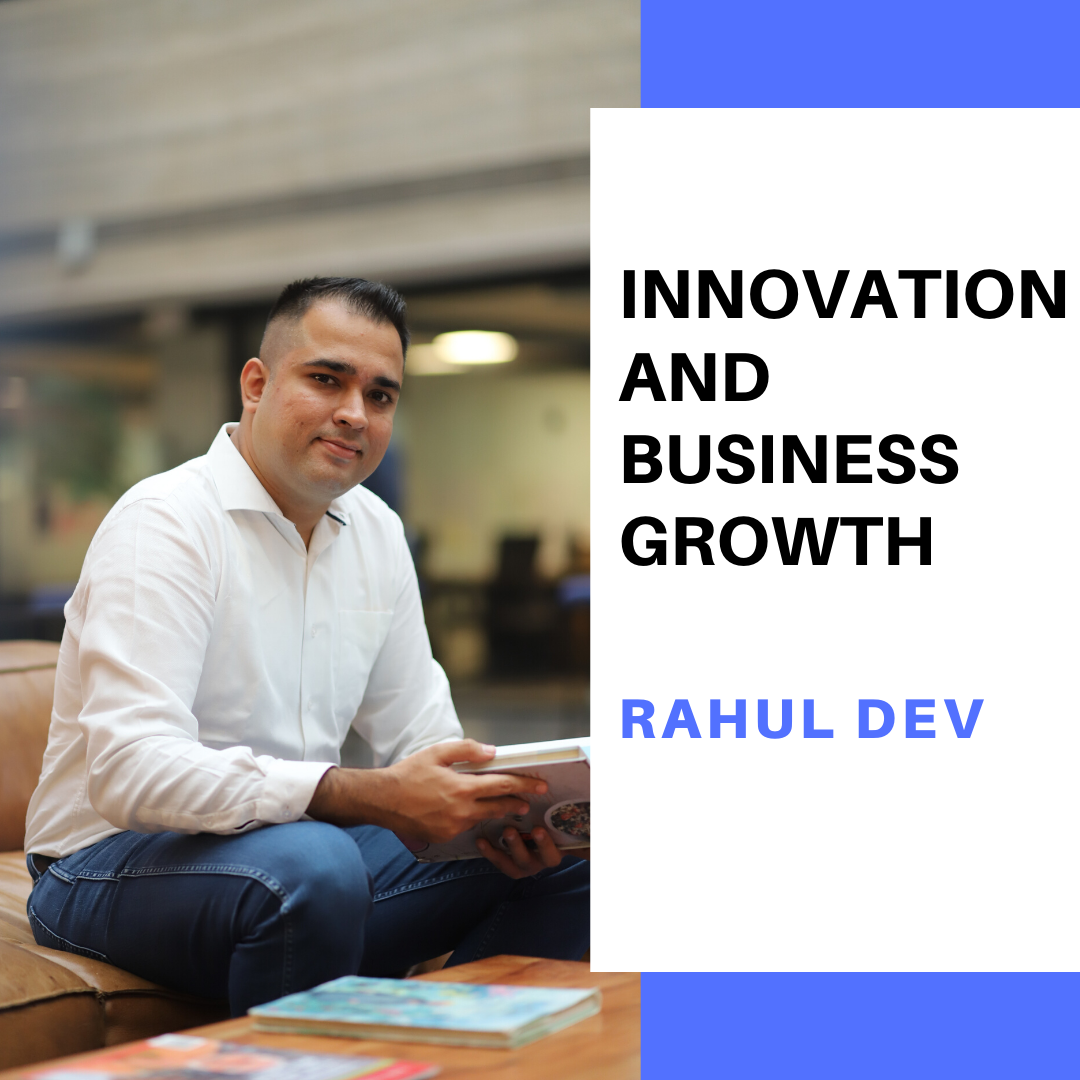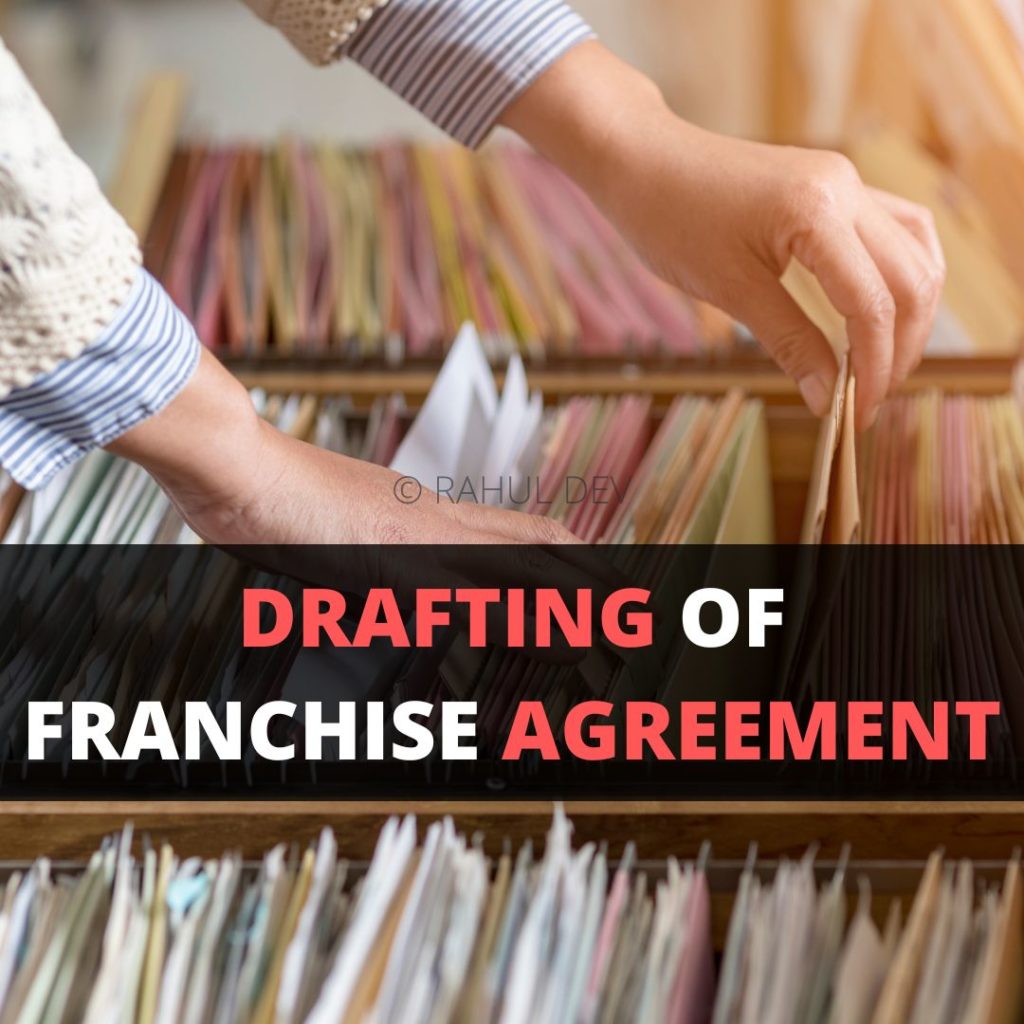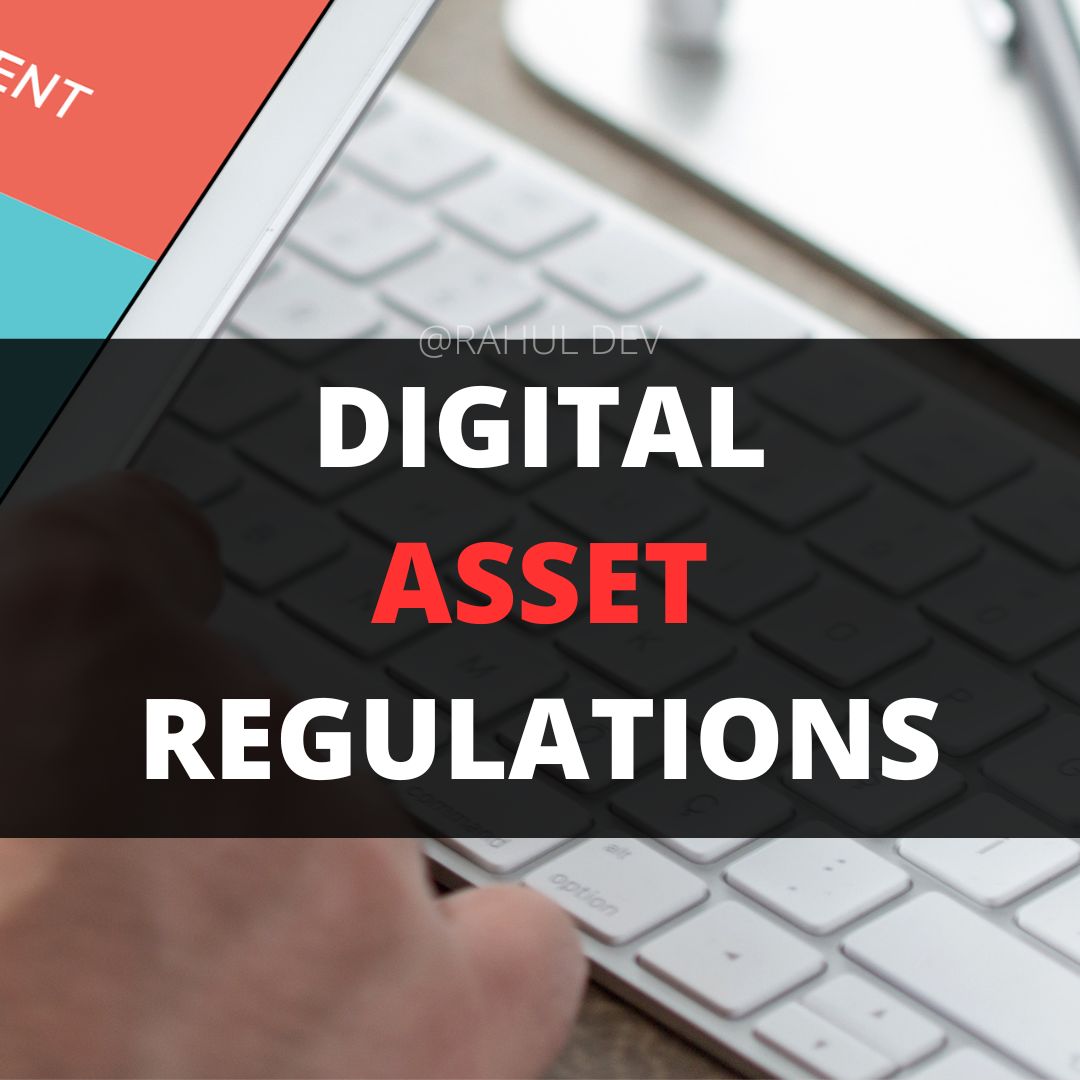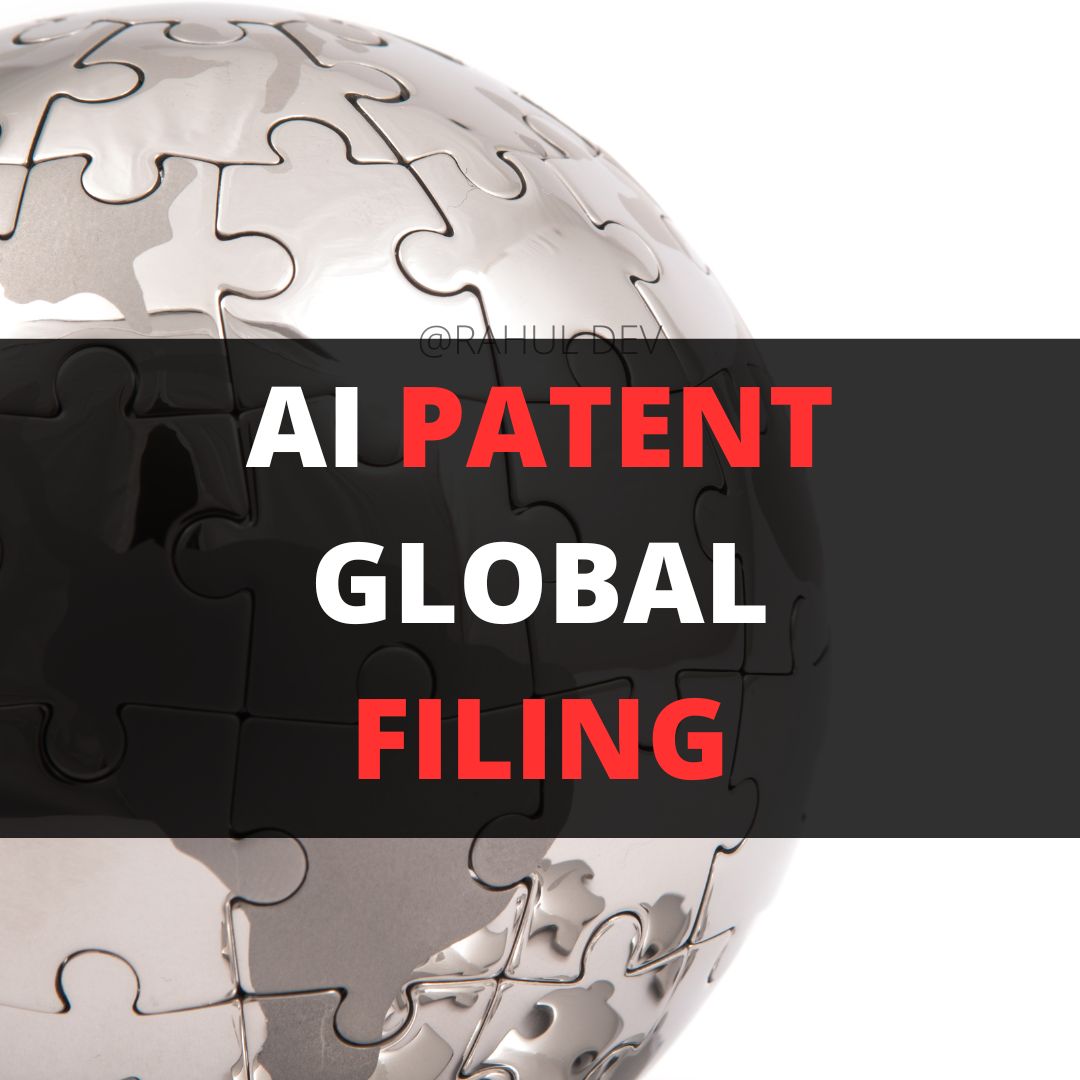

Protect Your Brand Worldwide
trademark rights
Secure your brand name and logo from being copied
International trademarks
Protect your brand in 100+ countries

Secure your brand name and logo from being copied
Protect your brand in 100+ countries
Bringing a new pharmaceutical product to market can be an expensive and time-consuming process. To ensure a successful launch, a pharmaceutical company will need a cost-effective and efficient trademark registration strategy. This will be a combination of internal and external functions. Often, companies have to rely on external parties to help them navigate the regulatory process.
Pharmaceutical product trademarks are designed to reduce consumer confusion and help healthcare professionals identify the correct drug. Having a strong brand allows companies to incentivize investment in research and development of new products. A strong brand also builds consumer loyalty. In addition, a strong brand cultivates an attractive image that helps drive sales when the product is off-patent. This helps manufacturers create a profitable revenue stream after the patent rights expire. Accordingly, trademark protection of pharmaceutical brands can expand globally via filing of Madrid Protocol International Trademark Applications.

A strong international trademark portfolio also incentivizes manufacturers to ensure the safety of existing drugs. In addition, a strong brand helps consumers distinguish medical products from other brands. When consumers are able to distinguish between a pharmaceutical product and a non-branded one, they can be more confident in making a health care purchase. Trademark law aims to protect the whole mark, including its primary meaning and any secondary meanings. It is important for a pharmaceutical product’s trademark to be clear, unambiguous, and available in all countries. This is done by performing a global trademark clearance search. This search will ensure that the mark is not already in use, and it will avoid conflicting marks with negative connotations. It also will help avoid confusion with prior marks.
Trademarks for pharmaceutical products can be classified into two categories: word marks and device marks. Word marks are used for drug names, while device marks are used for product logos and packaging. The two types of marks are often used together, and both are essential to a successful pharmaceutical product. Whether a pharmaceutical product is on-patent or off-patent, a strong international trademarkcan help drive sales and encourage manufacturers to continue developing new medications. It also helps consumers avoid common mistakes when choosing among medical products.
The pharmaceutical industry is a highly regulated industry. In addition to complying with the regulatory requirements, pharmaceutical companies must have a strategy in place for branding their products. The goal of branding by trademark is to create awareness and recognition among consumers, while providing an image that conveys trust and quality in a way that makes them want to buy the product. Trademark protection is available for pharmaceutical products. Trademarks can be registered with the respective Trademark Officeand they are used to protect brand identity. Trademarks also prevent passing off, so a product that looks similar to another product, but has different branding will not be confused with it.
The top three industries for Madrid applications differ depending on their origin. For each of the top 10 origins, research and technology are among the top three industry sectors. Except for Italy, where apparel and accessories are the top sectors, and the Russian Federation, whose applicants submit their applications most frequently in the agricultural sector, it is the top sector for eight countries. Seven of the top ten origins place the health sector among the top three. France, Italy, and the Russian Federation all listed agriculture as one of their top three industries. For Australia, Germany, Switzerland, and the United Kingdom, business services are listed as the top third sector, whereas for Italy and Japan, apparel and accessories were among the top three industries. In contrast to other major exporters, China lists both household goods and transportation among its top three industries.
L’Oréal, a French personal care company, was the most numerous applicant in 2021 with 171 Madridapplications. The company moved up from fifth to first place by filing 55 more applications in 2021 than it did in 2020, more than any other Madrid applicant among the top 100. Following L’Oréal were the German gaming company ADP Gauselmann (120) and the British pharmaceutical company Glaxo Group. (110), the Chinese technology company Huawei (98), and the top filer from the previous year, the Swiss pharmaceuticals company Novartis AG (98), which dropped to fifth place and submitted 139 fewer applications in 2021.
Five pharmaceutical firms, four personal care businesses, three companies involved in the technology or consumer electronics sector, two representatives from the automotive sector, and two from the gaming sector were among the top 20 Madrid applicants. In 2021, European-based businesses made up 15 of the top applicants. Four of them were in Asia, and two of them—Apple, a technology company, and Bath & Body Works, a retailer—were in North America. Expanding the analysis to the approximately 100 most competitive applicants from Madrid reveals that 59% of them were from Europe, 22% from Asia, 15% from North America, and 2% each from the LAC region and Oceania. A total of 4,300 applications were submitted by these top candidates.
However, this represents only 6% of all Madrid applications submitted in 2021 (unchanged from 2020), illustrating the extent to which numerous applicants use the Madrid System. Companies from 31 nations, including Bulgaria, Canada, India, Indonesia, New Zealand, Poland, Turkey, and others, filed at least 20 Madrid applications in 2021, placing them among the top 100 Madrid applicants. German companies made up the majority of the top applicants (17), followed by those from the United States (15), Switzerland (14), Japan (9), France (8), and the Republic of Korea (8 and 7).
The most widely known categories of goods and services covered by Madrid international trademark applications can be ranked using Nice Classification statistics. With each Madrid application submitted over the past fifteen years, between two and three Nice goods and services classes have been specified. Regarding Madrid applications, after declining in 2020, the overall number of classes specified in applications rose significantly from 21.5% in 2021. Since 1985, goods class 9, which includes computer hardware, software, and other electrical or electronic equipment of a scientific nature, has been the most specific of the 45 Nice classes.
Class 9 accounted for slightly more than a tenth (10.7%) of all classes specified in applications filed in 2021, a share that remained virtually unchanged from 2020. The other classes with the highest levels of specificity were class 35 (8.4% of the total), which includes services like office functions, advertising, and business management; class 42 (7.8%), which includes services from professionals such as scientific, industrial, or technological engineers and computer specialists; class 41 (5%), which primarily includes services in the areas of education, training, entertainment, sporting, and cultural activities; and class 5 (4.5%), which includes pharmaceuticals and other preparations for medical purposes. The top five most specified classes consist of three classes for services. In 2021, growth was seen in all 45 Nice classes. From 21.8% for class 9 to 30.1% for class 42, five of the top six classes experienced annual growth rates greater than 20%.
The first 34 of the 45 Nice classes deal with goods and the final 11 deal with services. Since 2018, services classes made up more than a third (36.1%) of all classes specified in Madrid applications for 2021. This represents an increase in the combined share of the global services industry of about five percentage points over the combined share of 30.8% recorded a decade earlier in 2011 when the data was collected. The class shares of goods and services do vary by origin, though. For instance, among the chosen origins, Madrid applications filed in 2021 with the highest percentage of services-related classes were from Iceland (54.9%), Mexico (52.6%), and Singapore (45.8%), each of which accounted for more than 45% of all classes specified. Other nations with developed service sectors include Switzerland (40.7%), Canada (41.6%), Colombia (8.43%), and the United Kingdom. Additionally, applications for classes related to services had high percentages (40.2%). However, the shares of the services class were lower than 30% in China (19.6%), Egypt (29.9%), Poland (27.4%), the Republic of Korea (27.6%), and Vietnam (27.4%).
Our team of advanced patent attorneys assists clients with patent searches, drafting patent applications, and patent (intellectual property) agreements, including licensing and non-disclosure agreements.
Advocate Rahul Dev is a Patent Attorney & International Business Lawyer practicing Technology, Intellectual Property & Corporate Laws. He is reachable at rd (at) patentbusinesslawyer (dot) com & @rdpatentlawyer on Twitter.
Quoted in and contributed to 50+ national & international publications (Bloomberg, FirstPost, SwissInfo, Outlook Money, Yahoo News, Times of India, Economic Times, Business Standard, Quartz, Global Legal Post, International Bar Association, LawAsia, BioSpectrum Asia, Digital News Asia, e27, Leaders Speak, Entrepreneur India, VCCircle, AutoTech).
Regularly invited to speak at international & national platforms (conferences, TV channels, seminars, corporate trainings, government workshops) on technology, patents, business strategy, legal developments, leadership & management.
Working closely with patent attorneys along with international law firms with significant experience with lawyers in Asia Pacific providing services to clients in US and Europe. Flagship services include international patent and trademark filings, patent services in India and global patent consulting services.
Global Blockchain Lawyers (www.GlobalBlockchainLawyers.com) is a digital platform to discuss legal issues, latest technology and legal developments, and applicable laws in the dynamic field of Digital Currency, Blockchain, Bitcoin, Cryptocurrency and raising capital through the sale of tokens or coins (ICO or Initial Coin Offerings).
Blockchain ecosystem in India is evolving at a rapid pace and a proactive legal approach is required by blockchain lawyers in India to understand the complex nature of applicable laws and regulations.
Read About Patent FIling Guide



